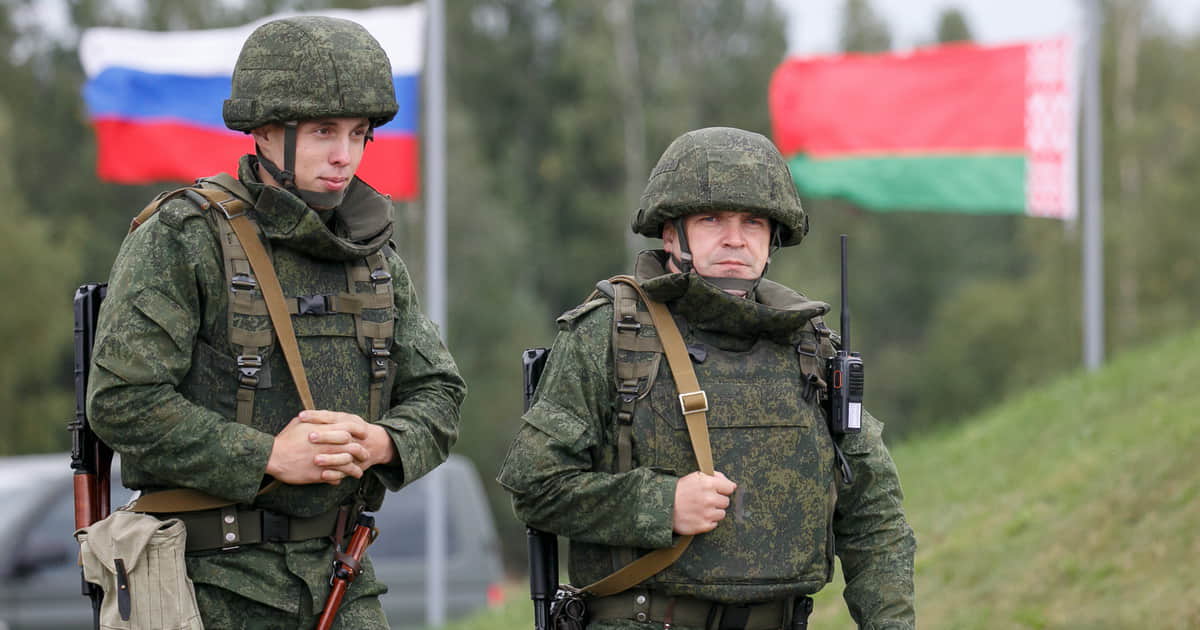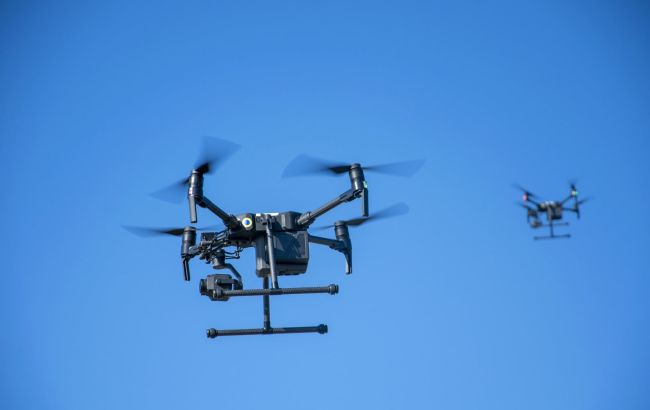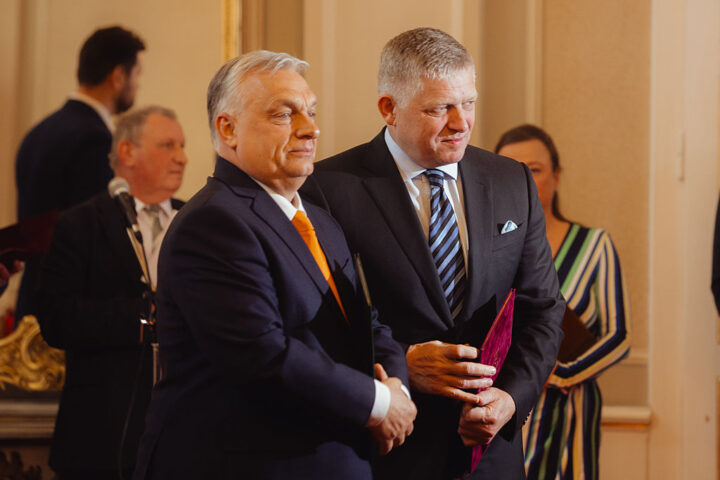The first echelon of Russian troops has arrived in Belarus ahead of the planned Zapad-2025 military drills, set to begin in September. The deployment, confirmed by the Belarusian Ministry of Defense, reignites concerns among NATO allies about the potential use of joint exercises as cover for offensive operations, particularly near the alliance’s eastern flank.
Lithuania reports second drone incident linked to Belarus
Shortly after the troop arrival, Lithuania reported another incursion into its airspace by a drone originating from Belarus. According to Lithuanian Prosecutor General Nida Grunskiene, the UAV that fell on July 28 in the Gaižiūnai military training area carried approximately two kilograms of explosives and was identified as a modified “Herbera”-type drone. This marks the second confirmed incident of its kind. In response, Vilnius has formally requested NATO to deploy additional air defense assets on Lithuanian soil to counter what it views as a growing UAV threat.
Baltic states urge stronger NATO presence amid rising tensions
Experts have warned that the Zapad-2025 drills may serve a broader strategic goal, not only targeting Ukraine but also simulating potential strikes on Baltic nations, including scenarios involving tactical nuclear weapons and advanced hypersonic missiles such as the “Oreshnik.” While Belarus claims the main exercises will be moved deeper into its territory to reduce border tensions, regional governments remain skeptical, recalling that a similar pattern preceded Russia’s 2022 invasion of Ukraine.
The recent drone incursions have further highlighted the vulnerabilities of Baltic air defenses. Lithuanian authorities argue that the repeated violations of their airspace appear to be deliberate elements of a Russian hybrid warfare strategy aimed at destabilizing NATO’s eastern perimeter. In response, Lithuania, Poland, and other regional allies are intensifying coordination on border security, including contingency plans for civilian evacuation and military reinforcement.
NATO prepares to respond as Poland announces massive Iron Defender drills
NATO has expressed readiness to respond to threats posed by the Zapad-2025 exercises, while Poland has announced a large-scale drill codenamed Iron Defender, involving more than 34,000 troops. Lithuania is also urging the alliance to accelerate the implementation of a rotational air defense model, which would ensure continuous deployment of both combat aircraft and ground-based systems in frontline states.
Despite official messaging from Minsk that the drills are defensive and meant to avoid escalation, the scale, timing, and previous patterns raise fears of covert troop buildups or hybrid operations targeting border regions. The convergence of Russian military deployments and airspace violations underscores the growing instability in the region and the urgency for reinforced NATO coordination and defensive readiness.













